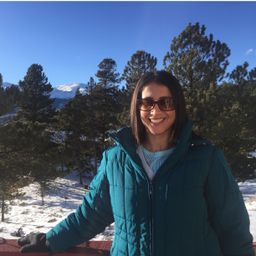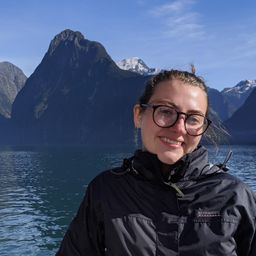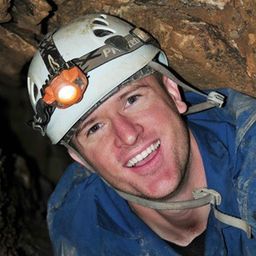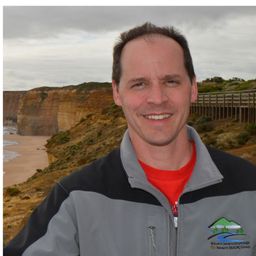General Session (Dendroclimatology, PT3)
My Session Status
Sub Sessions
Historical accounts in the Brazilian Digital Library provide independent support for most of the tree-ring reconstructed wet season rainfall extremes in the eastern Amazon during the late-18th and 19th centuries. Newspapers, government reports, and other documents describe crop failure, livestock mortality, water shortages, and ship groundings on the Amazon River during many of the tree-ring reconstructed drought extremes. Heavy rains and flooding are described during some of the wet extre...
Half of the tributaries of the Amazon River originate in the tropical Andes; however, it is difficult to assess hydroclimatic conditions due to the scarcity of long, high-quality instrumental records. Data from the Global Precipitation Climatology Project (GPCP) provides a complete record since 1979 and offers a good representation of rainfall over the tropical Andes. Longer records are needed to improve our understanding of rainfall variability and summer monsoon behavior at various scale...
Regional teleconnections permit cross-continental modeling of hydroclimate throughout the world. Tree-rings are a good hydroclimatic proxy used to reconstruct drought and streamflow in regions that respond to common global forcings. We used a multi-species dataset of 32 tree-ring width chronologies from Chile and Uruguay as a climate proxy to infer annual streamflow (Q) variability in the Negro River basin, a grassland-dominated watershed of lowland Southeastern South America. A positive l...
The Colorado river supplies water to forty million people. The river system in crisis due to; an ongoing twenty year drought, a historical overallocation of river flows and an increasing demand for water due to an increasing population. One historical cause of the crisis was the assumption one hundred years ago by the signatories of the Colorado River Compact that the natural flows of the Colorado River do not vary significantly on timescales longer than a decade. Since then, one hundred a...
Climate models for North Patagonia in Argentina project dryer conditions, due to a decrease in mean precipitation combined with an increase in mean temperatures. The temperate mixed Nothofagus forest, which exists along a steep precipitation gradient, could be directly impacted. For this study, we evaluated the influence of mean climate on the growth of the significant deciduous species: N. nervosa and N. obliqua. For the first time in Argentina, dendroclimatological analyses were done on ...
Annually resolved subfossil kauri (Agathis australis) trees, recovered from bogs in northern New Zealand, provide unique insights into past climate events over multi-millennial timescales. Their tree-rings faithfully capture annually resolved information about climate and carbon dynamics occurring during their lifespan. Preserved material has contributed tree-ring chronologies spanning much of the Holocene and extending into the late Pleistocene (i.e. the last 50,000 years). A recently dis...
Annually resolved subfossil kauri (Agathis australis) trees, recovered from bogs in northern New Zealand, provide unique insights into past climate events over multi-millennial timescales. Their tree-rings faithfully capture annually resolved information about climate and carbon dynamics occurring during their lifespan. Preserved material has contributed tree-ring chronologies spanning much of the Holocene and extending into the late Pleistocene (i.e. the last 50,000 years). A recently dis...







Discussion